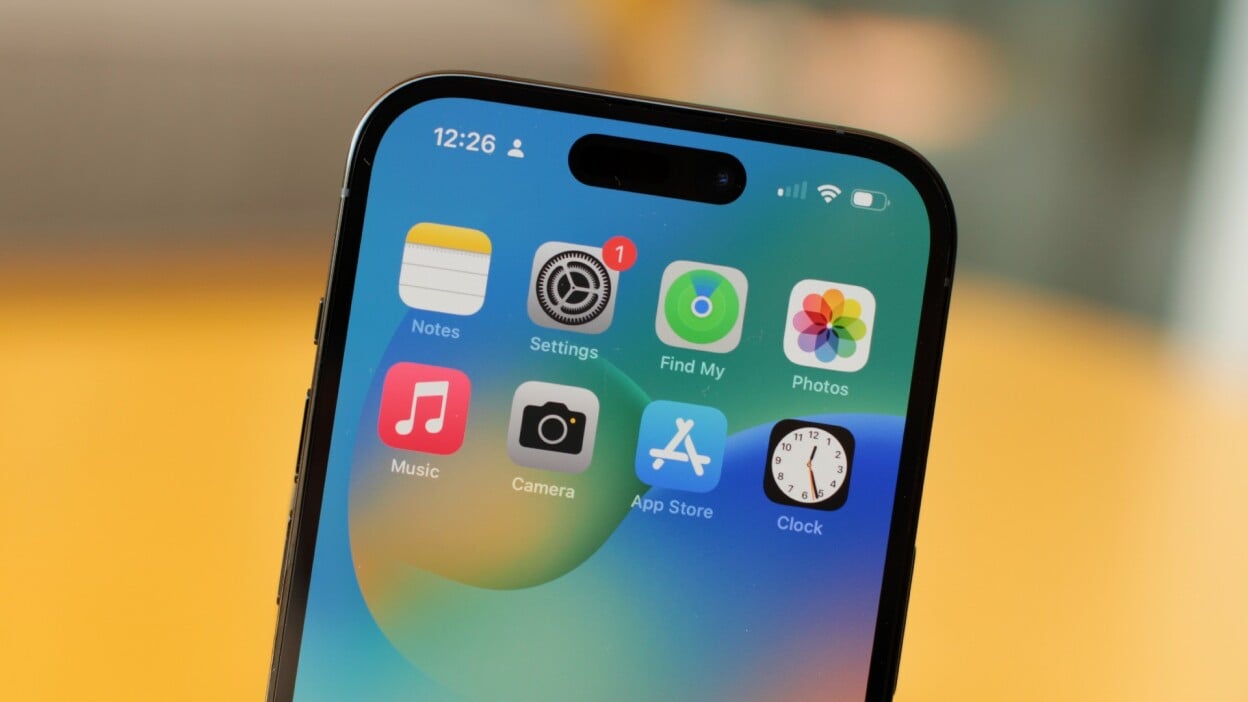Losing an iPhone in the UK can feel like a nightmare, especially when it's such an essential part of our everyday life. From storing precious memories and contacts to running apps we rely on, it’s no wonder we panic when it goes missing. But don’t worry, if you've lost your iPhone, there are clear steps you can take to increase the chances of getting it back. And if you’re unable to recover it yourself, we at Imfixed are here to help you with professional support and expert repairs.
Take Immediate Action with Find My iPhone
The first and most effective way to find your lost iPhone is by using the Find My iPhone feature. If you had it enabled, you’re already a step ahead. Simply sign in at iCloud.com/find or use the Find My app on another Apple device, such as a friend’s iPhone or iPad.
You’ll see your device’s last known location on a map, allowing you to retrace your steps or head directly to where it was last active. This is often the quickest way to recover your phone.
If your iPhone doesn’t appear, it could mean that Find My wasn’t switched on, but don’t panic. You still have ways to protect your data and alert others that your phone is missing.
Activate Lost Mode
By enabling Lost Mode, you can remotely lock your iPhone using a passcode, helping keep your personal data safe. This mode also disables Apple Pay and allows you to display a custom message with your contact details on the lock screen. If someone finds your phone, they’ll know how to return it to you.
Suspect It’s Been Stolen? Use the Erase Option

If you believe your iPhone has fallen into the wrong hands and recovery seems unlikely, you can remotely erase it to prevent your data from being misused. But remember, once you erase it, you’ll no longer be able to track it through Find My.
We always recommend speaking to us first at Imfixed before taking this step. Our experts can guide you through the options and ensure you don’t make an irreversible decision too soon.
Report the Loss to the Police
In cases where you suspect theft or have no luck retrieving the device, it’s wise to report the incident to the police. They may require the serial number, so be sure to have this information on hand. This report could be useful for insurance purposes too.
Notify Your Mobile Network Provider
If your iPhone uses a SIM card, contact your mobile network provider to report the loss. They can suspend your service to prevent unauthorised usage of data, calls, or texts. If your plan includes coverage for device loss or theft, you might be able to file a claim.
Check Local Businesses and Lost Property Services
The UK is full of good-hearted people. We’ve seen many cases where lost phones are handed in at local shops, cafés, or even pubs. Drop in and ask if anyone has found a phone. You should also contact local council lost and found services, especially in larger towns and cities.
Spread the Word on Social Media
Posting about your lost iPhone on social media platforms can make a big difference. Include a detailed description and mention any unique features or accessories (like a case or stickers). Local Facebook groups and community forums are great places to start.
Watch for Your Device on Marketplaces

Keep an eye on online marketplaces like Gumtree, Facebook Marketplace, or eBay, where lost phones are sometimes resold. If you find a suspicious listing that resembles your phone, report it immediately.
Still No Luck? Come to Us at Imfixed
If your iPhone has been damaged during the ordeal or you’ve had no success recovering it, come to us at Imfixed. Whether you need a replacement phone, help retrieving data, or just expert advice, our team is ready to assist you with trusted and affordable solutions.
Don’t rely on Apple or risk visiting unverified shops. We’ve helped hundreds of customers across the UK recover from lost phone incidents, and we’ll do everything we can to get you sorted quickly and securely.
FAQs:
1. What should I do immediately after realising I’ve lost my iPhone?
Start by retracing your steps and logging into Find My iPhone if enabled. You can also activate Lost Mode to secure the device.
2. Should I contact the police?
If you suspect theft or the phone contains sensitive information, yes. Reporting the loss helps create an official record.
3. Can social media really help recover a lost iPhone?
Absolutely. Local groups often rally together and share information, increasing the chance of your device being spotted and returned.
4. How can I protect my data if I can’t recover the phone?
Use Lost Mode or, in more serious cases, erase your device via iCloud. This will stop anyone from accessing your personal content.
5. Where can I get professional help recovering or replacing my lost iPhone?
Visit us at Imfixed. Whether it’s repair, data recovery, or a refurbished replacement, we’re your local experts in the UK.


Share:
How to fix iPhone stuck in headphone mode?
How to remove iCloud account?